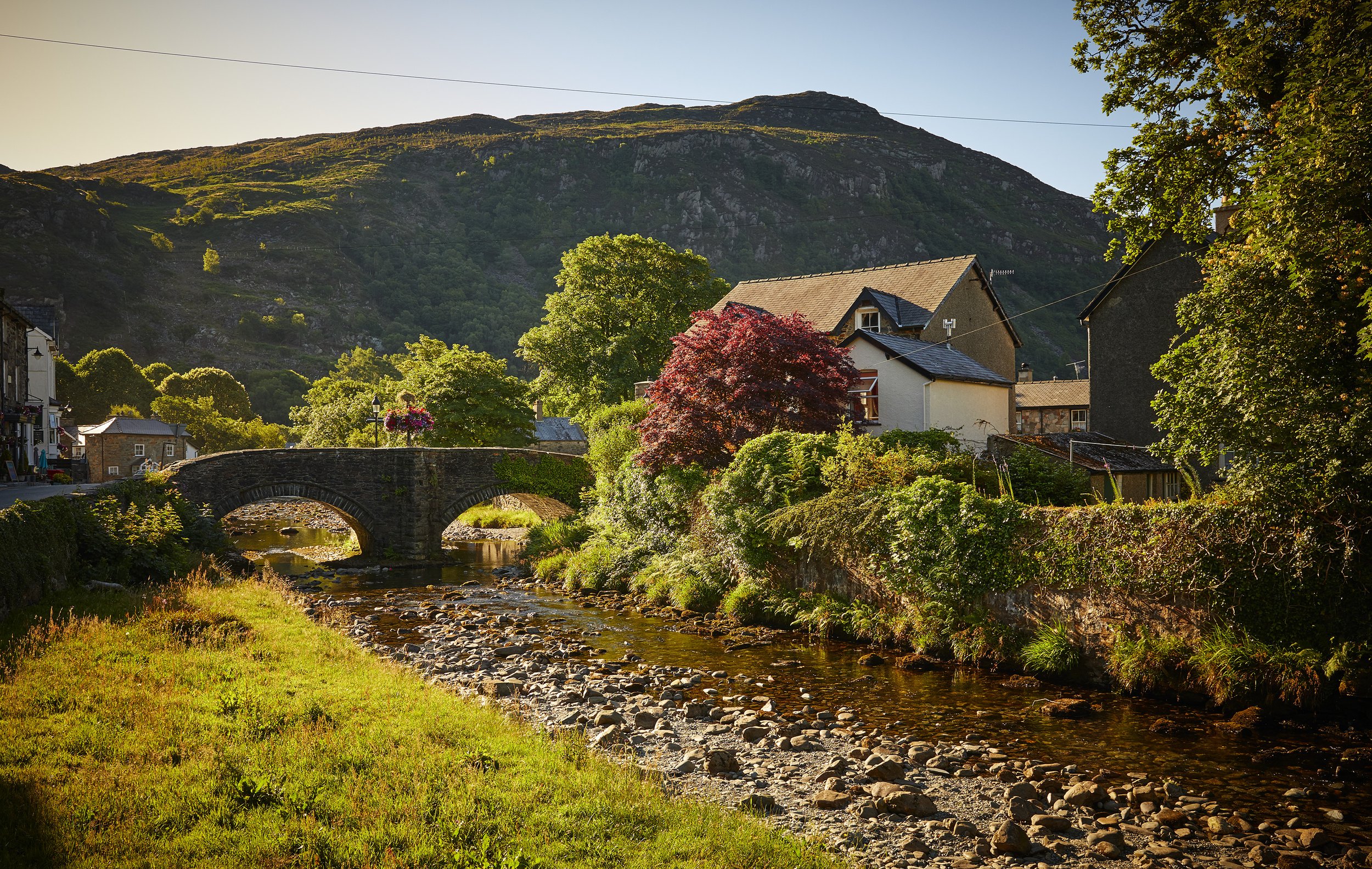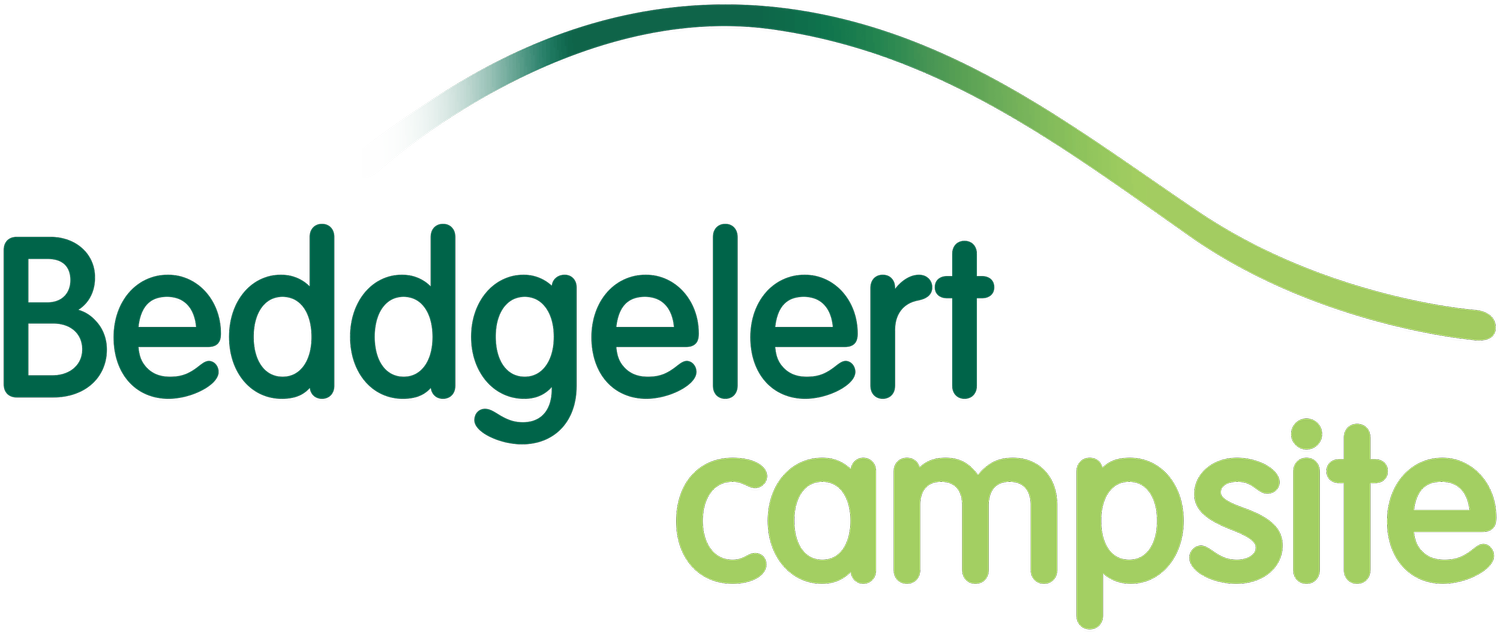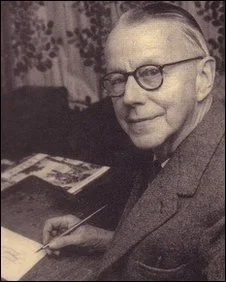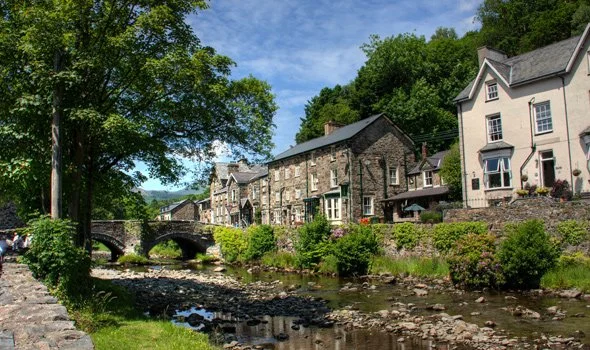
Beddgelert Village
At the heart of Snowdonia National Park lies a village rich in history, authentic beauty, tumbling rivers and the legend of Gelert.
Less than 30mins walk from the campsite is the scenic village of Beddgelert with its picturesque bridge crossing the River Colwyn. It has a natural beauty which attracts visitors all year round.
You can exit the campsite and take the short walk to the village along the foothills of Moel Hebog bringing you directly into the village.
The Welsh Highland Railway runs through the village between Porthmadog and Caernarfon with Beddgelert village a popular destination for visitors using the railway.
Facilities available
Post Office: the Post Office is located within Emrys House general store.
Cash: cash withdrawal is available for no charge in the Post Office or for a small fee at the Prince Llewelyn Hotel or Saracens Head Hotel.
Tourist office: there is a Tourist Information Centre in the village.
Car parking: there are 2 main car parks within the village, either side of the river.
Public toilets: there are good modern public toilets in the village including accessible toilets which require a RADAR key.
Mobile phones: mobile phone signal in Beddgelert is limited to Orange / T Mobile / EE / BT Mobile and Three
Internet / WiFi: 'Beddgelert Free WiFi Am Ddim' offers free WiFi within the village for up to 30 minutes each day with the option to purchase longer periods at a reasonable rate. Many accommodation providers and restaurants also offer free WiFi within their establishments.
Rupert the bear
The village is also linked with the Rupert Bear stories, as Alfred Bestall MBE wrote and illustrated some of the stories whilst he lived in the village. Alfred lived in a cottage at the foot of Mynydd Sygun. There is even a small area known as ‘Rupert Garden’ in the village, dedicated to the Bear; a short walk from Alfred Bestall's old home.
Much of the landscape in Rupert is inspired by the Snowdonia landscape of North Wales, notably around Beddgelert. The house is now a holiday let called 'Penlan'


